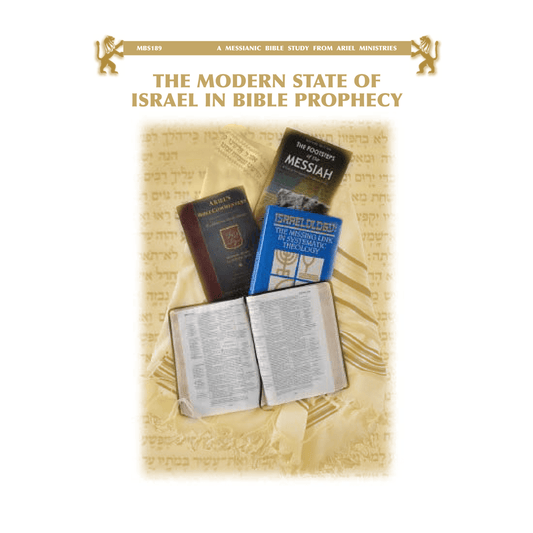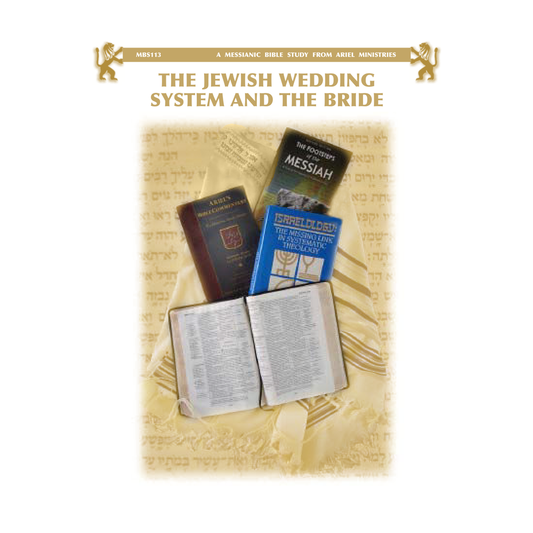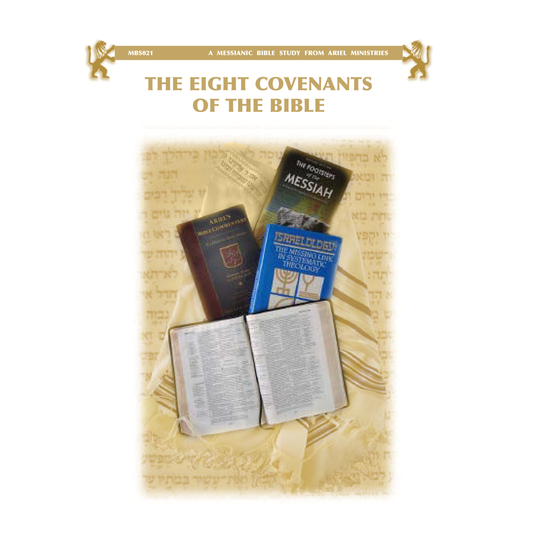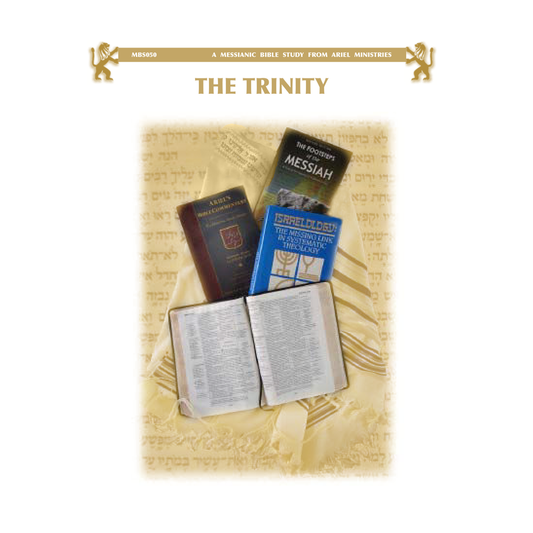[Here is the full text of the QUESTION from the reader:]
Does Psalm 82 verses 1 and 6 teach (as some claim) that because we are the children of God, we are “little gods”?
Here is the text of Psalm 82 verses 1 and 6 (NKJV)
1God stands in the congregation of the mighty;
He judges among the gods.
6I said, “you are gods,
And all of you are children of the Most High.”
Here is Arnold’s ANSWER:
The Hebrew word Elohim used in verses 1 and 6 is a general term for “god,” and it is used for the true God and also used for idols. It is not a name for God, since God’s name comprises four Hebrew letters that would correspond to the English letters of YHVH.
Elohim is also used of God’s representatives, such as angels; and in the case of John 10:34, quoting Psalm 82:6, it is a reference to the judges of Israel: Jesus answered them, Is it not written in your law, I said, ye are gods? The judges were the representatives of God, having his delegated authority, and so by personal, direct mission, they did the very works of God. The problem with thinking of ourselves as “little gods” is that it gives the impression of being some kind of deity, which is certainly not the case for human beings.
The Pharisees themselves recognized this non-deity meaning of the word Elohim. Jesus made the point in John 10:34 that if they were called “gods,” the very representatives of God, how could it be blasphemy if He claimed to be the Son of God, since He received not a transmitted authority, but the direct, personal command to do the Father’s work?
Jesus’ answer was a typical rabbinic argument, arguing from the lesser to the greater: If the judges could be called Elohim, how much more can He be called the Son of God, since He is the Messianic Person.
Another example of this principle is that Moses was considered a god (Elohim) to Aaron (Exodus 4:16) and to Pharaoh (Exodus 7:1) because he brought God’s message to these men. So, if Moses as a mere man could be a god to Aaron and Pharaoh, why could not Jesus be God’s Son? He, like Moses, was God’s messenger, having God’s message. The children of Israel listened to Moses, so why should they not listen to the Messiah, who is greater than Moses? They not only had His claims, but His works that proved His claims. Here, again, it is the standard Jewish argument from the lesser to the greater: If Moses or the judges can be called ‘god’, how much more could the Messiah be called the Son of God.





